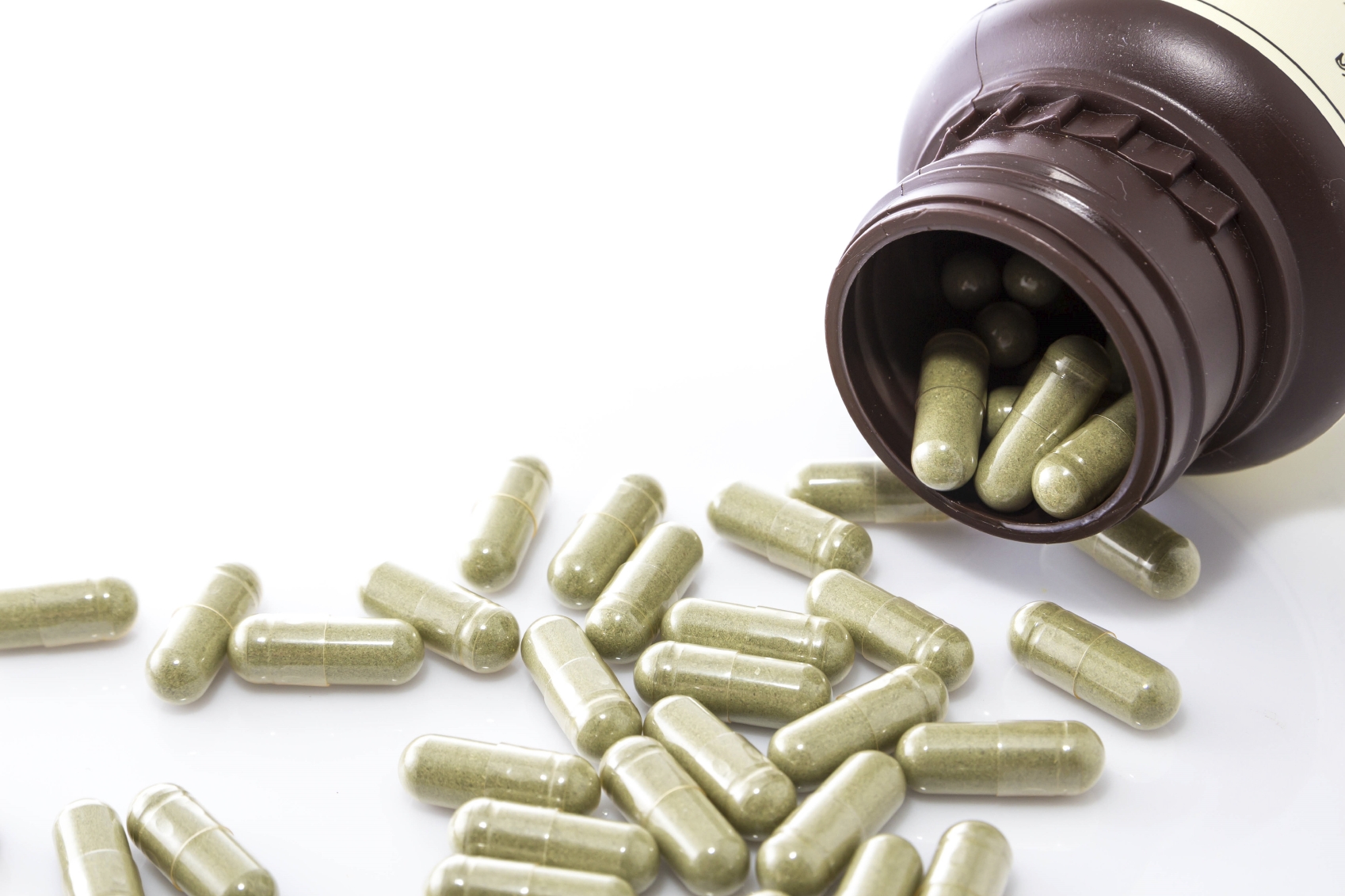They’re one of the most popular supplements in any health food store. And with good reason. Now a new study in the journal Diabetes should have people paying even more attention to them…
A team of scientists at Cornell University investigated the connection between this health booster and diabetes. Specifically its ability to help control blood sugar response. But they didn’t use a natural form.
The team engineered one of the most common strains of this supplement. They gave it to diabetic rats for 90 days. At the end of the study, they found these rats lowered their blood sugar response by 30% compared to rats that didn’t get treatment.1
But here’s the thing…
Other studies using the real versions of these bugs saw the same effect in diabetic rats…2 And giving this Frankensteined version of this natural solution to healthy rats had no effect. It didn’t do anything to help regulate their blood sugar response after eating.
So unlike the engineered versions, this natural supplement may be able to prevent diabetes in healthy people.
The researchers say they’re working with BioPancreate to develop a drug for human use. Their goal is to jack up the price and sell it to diabetics struggling with their blood sugar. And we wouldn’t be surprised if taking it leads to side effects… Ones you don’t have to worry about with the natural version.
What is it?
We’re talking about probiotics.
They’re the helpful bacteria that help balance your gut flora… But it’s not just about digestive health. We’ve told you before they can help ease allergies. Even help boost your mood and protect your heart.
In this case, the specific bacteria is lactobacillus. It’s often used to help treat and prevent diarrhea. But there’s evidence showing it also improves irritable bowel syndrome, Crohn’s disease, and skin conditions.3 And because of this most recent study, it has Big Pharma’s attention.
But don’t wait for Big Pharma to sell it to you. Lactobacillus is easy to find in its natural form.
You can pick up a probiotic supplement at your local health store. Aim for one that gives you a blend of several different strains. This should include lactobacillus. Try getting at least 10 billion colony forming units (CFUs) per serving. But supplements aren’t your only option.
You can get probiotics in their most natural state from eating the right foods. And we don’t just mean sauerkraut, kimchi, kefir, and Kombucha. You can also eat foods that are synbiotic. This means they contain probiotics and the fuel they need to thrive in your gut. You may be eating them already… Things like artichokes, asparagus, and onions are great places to start.
Like this Article? Forward this article here or Share on Facebook.
References:
1http://www.medicalnewstoday.com/articles/288813.php
2http://www.nutritionandmetabolism.com/content/10/1/35
3Idem

